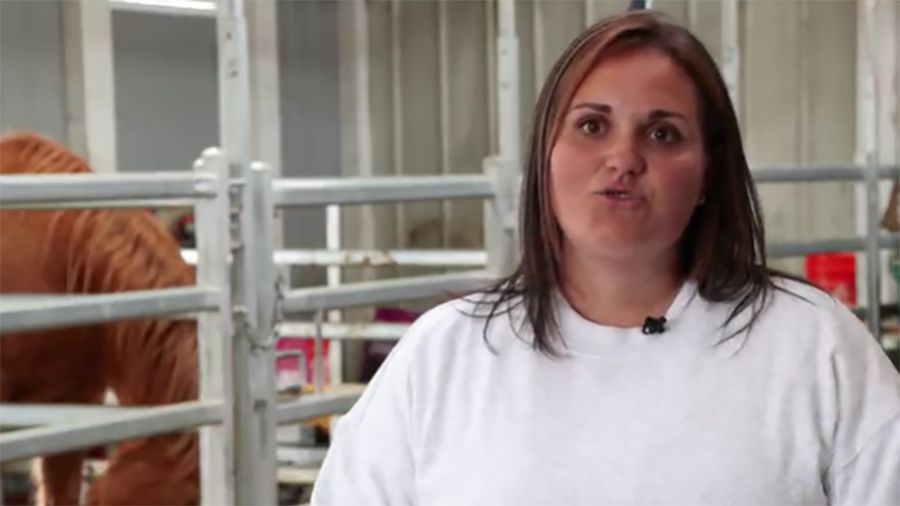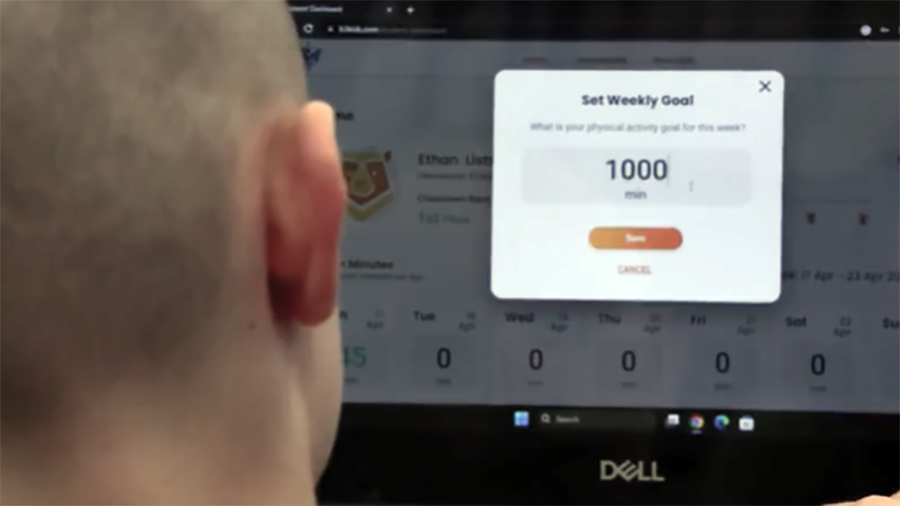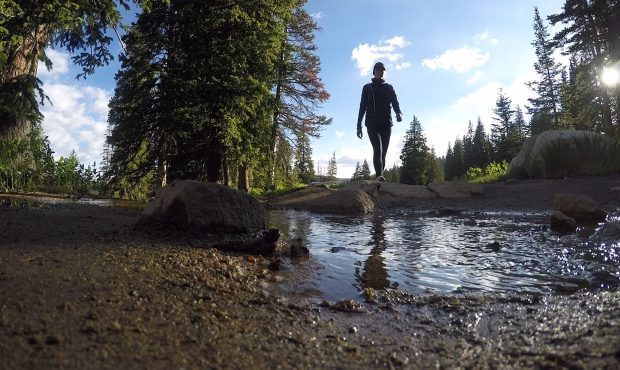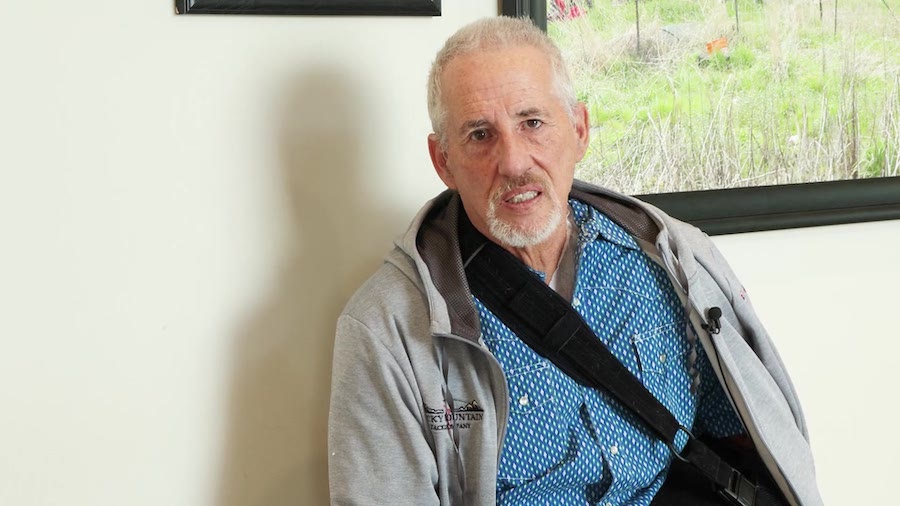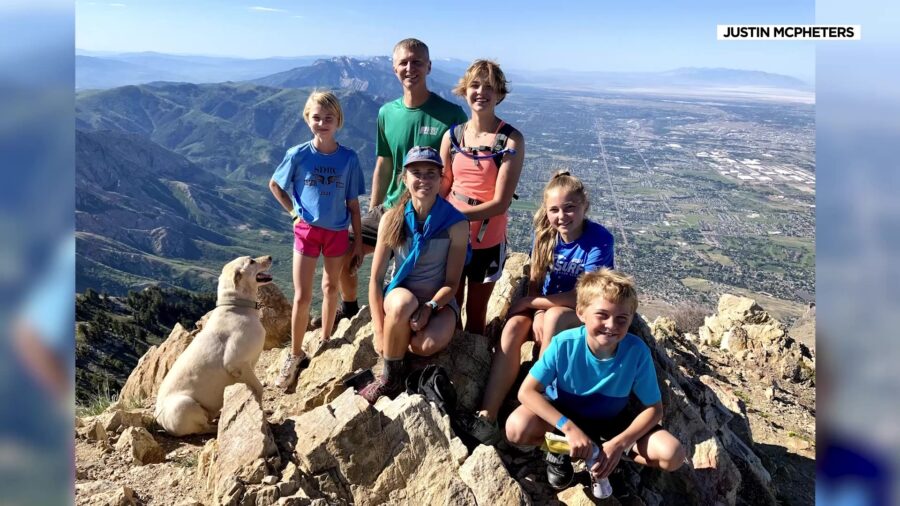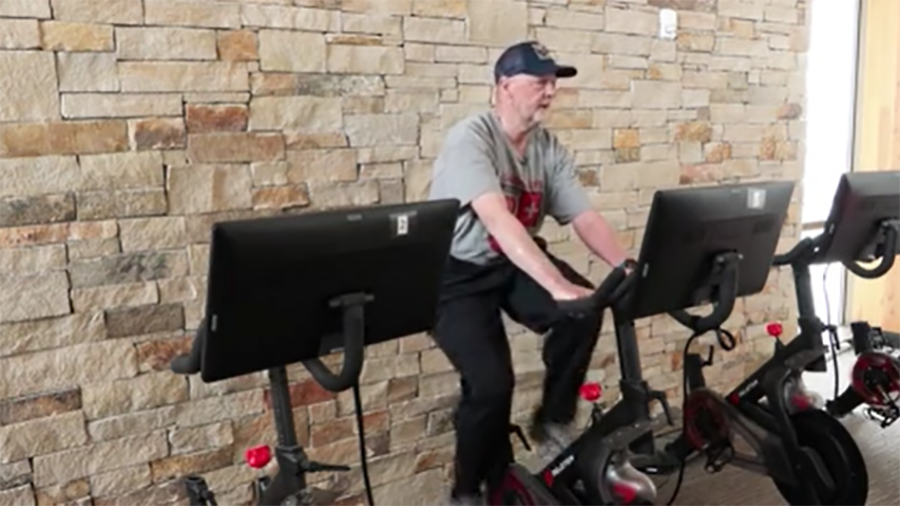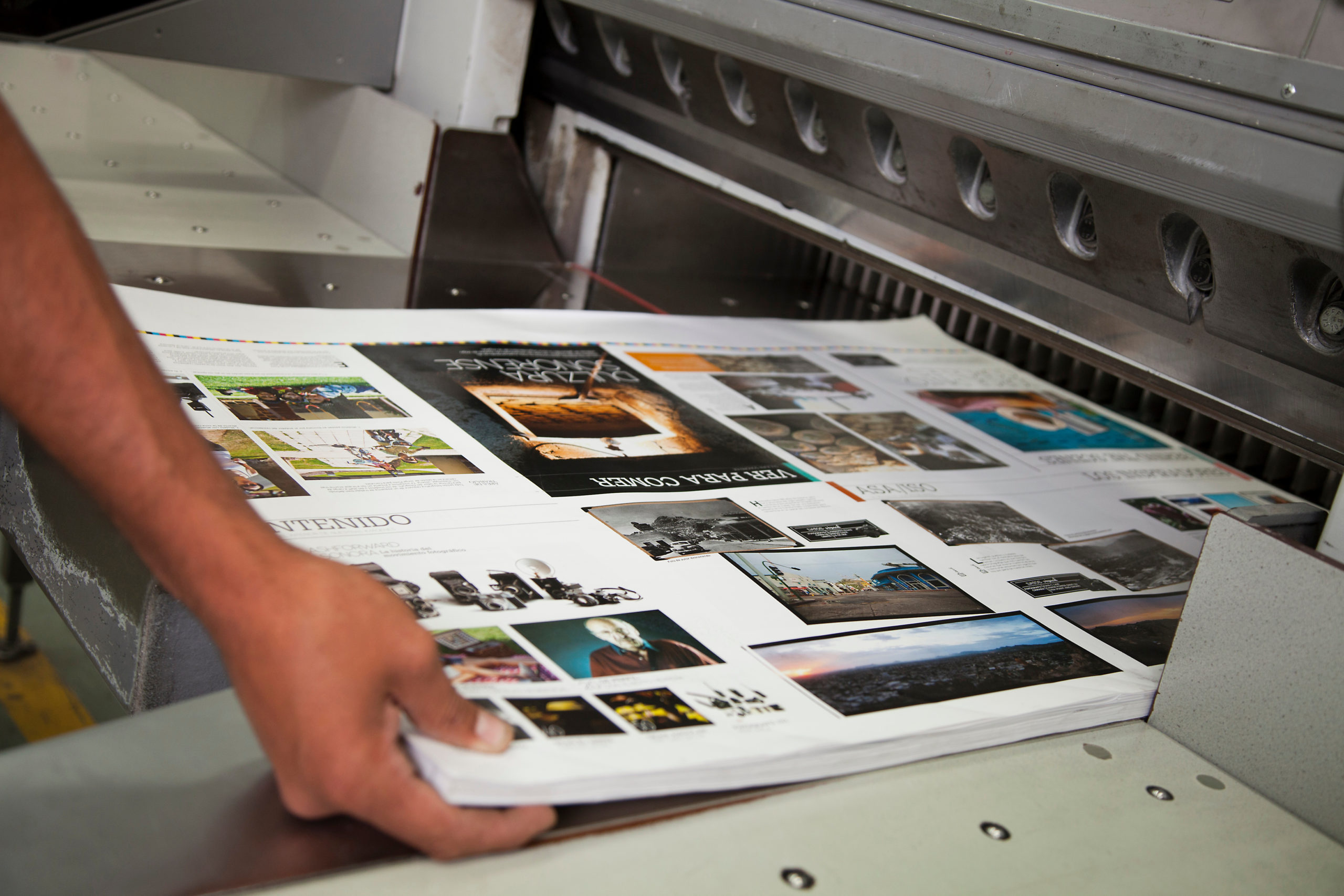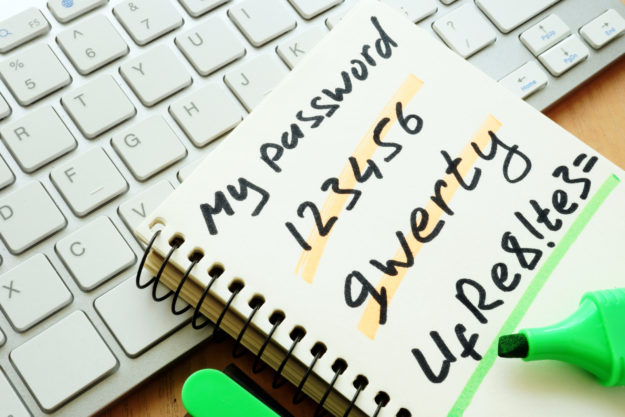YOUR LIFE YOUR HEALTH
The overdose-reducing drug doctors say more of us should have on hand
Jun 17, 2022, 5:15 PM | Updated: 6:32 pm
TAYLORSVILLE, Utah — It’s in the cupboards at their Taylorsville home, in their cars, and even in the waist pack they wear to take their dogs around the block.
Dennis and Celeste Cecchini are most always within arm’s reach of naloxone, the overdose-reversing drug that can work instantly against heroin and opioid medications.
“Naloxone is a godsend,” Dennis Cecchini said.
The drug, sometimes referred to by the name brand Narcan, is administered via nasal spray or a syringe.
It could have saved their son Tennyson, but they didn’t know about the drug before he died of a heroin overdose in 2015, just days after completing a treatment program, Dennis Cecchini said. Since his death, the couple has encouraged Utahns to keep the drug on hand.
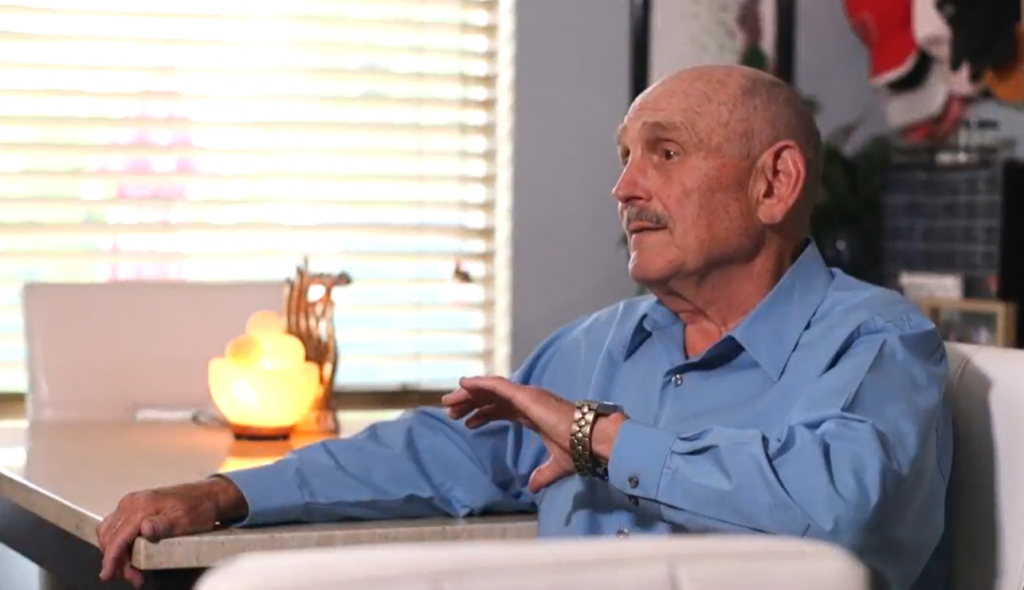
Dennis Cecchini says naloxone, a drug that reverses opioid overdoses, should be available to anyone for free. (Ken Fall/KSL TV)
Medical workers, alarmed by a pandemic increase in overdose deaths, are urging more Utahns to pick up the antidote as well, even if they don’t think they are at risk.
But stigma is working against them. There’s a misconception that naloxone is only for those in the depths of substance abuse or experiencing homelessness, but that’s far from the truth, said Kim Compagni, assistant vice president for pain management services at Intermountain Healthcare.
“We’re all susceptible to an overdose, even when taking the medication just as prescribed,” Compagni said. “It can happen to anybody.”
Think of the medication like a fire extinguisher or an EpiPen for severe allergies — another tool in an emergency kit, said Compagni.
It’s important to have close by, even if you’re only taking pain pills for a short time after surgery or an injury, she said.
Certain medical conditions or even alcohol can increase the risk of an overdose, Compagni noted. And some opioid medications are strong enough that a single tablet can kill a child, but naloxone can prevent that. It can be given to anyone, no matter their age, she said.
While there’s been a national shortage of naloxone in the pandemic, the drug is still available in Utah, Compagni said.
Intermountain has long urged patients with chronic pain to keep naloxone on hand. Earlier this year, it began a concerted push to also encourage those taking pills for the short term to pick up the overdose-reversing agent, Compagni said, even if they’re planning to dispose of the painkillers in just a few days.
Dennis Cecchini agrees with the approach. He said anyone who takes home the pills should be equipped with naloxone.
“It’s just a prerequisite,” he said.
He’d also like to see the antidote made available to anyone for free. The price at pharmacies can vary widely, depending on insurance, and Intermountain is working with insurers to lower the cost, Compagni said. In the meantime, community groups like Utah Naloxone provide it for free.
Tennyson Cecchini was a doting young father who built a treehouse in the backyard and loved hockey before his death at 33, Dennis Cecchini recalled. But Tennyson also struggled with the effects of childhood abuse by a babysitter, including insomnia, his father said.
Opioid medication prescribed for a shoulder injury helped Tennyson sleep at night, Dennis Cecchini said, and his son eventually turned to heroin to cope.
“By the time the paramedics came, Tennyson was gone,” he said. “And that didn’t have to happen.”

